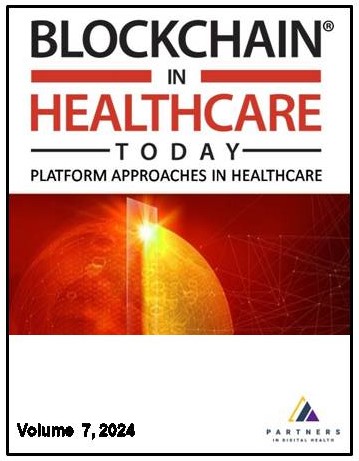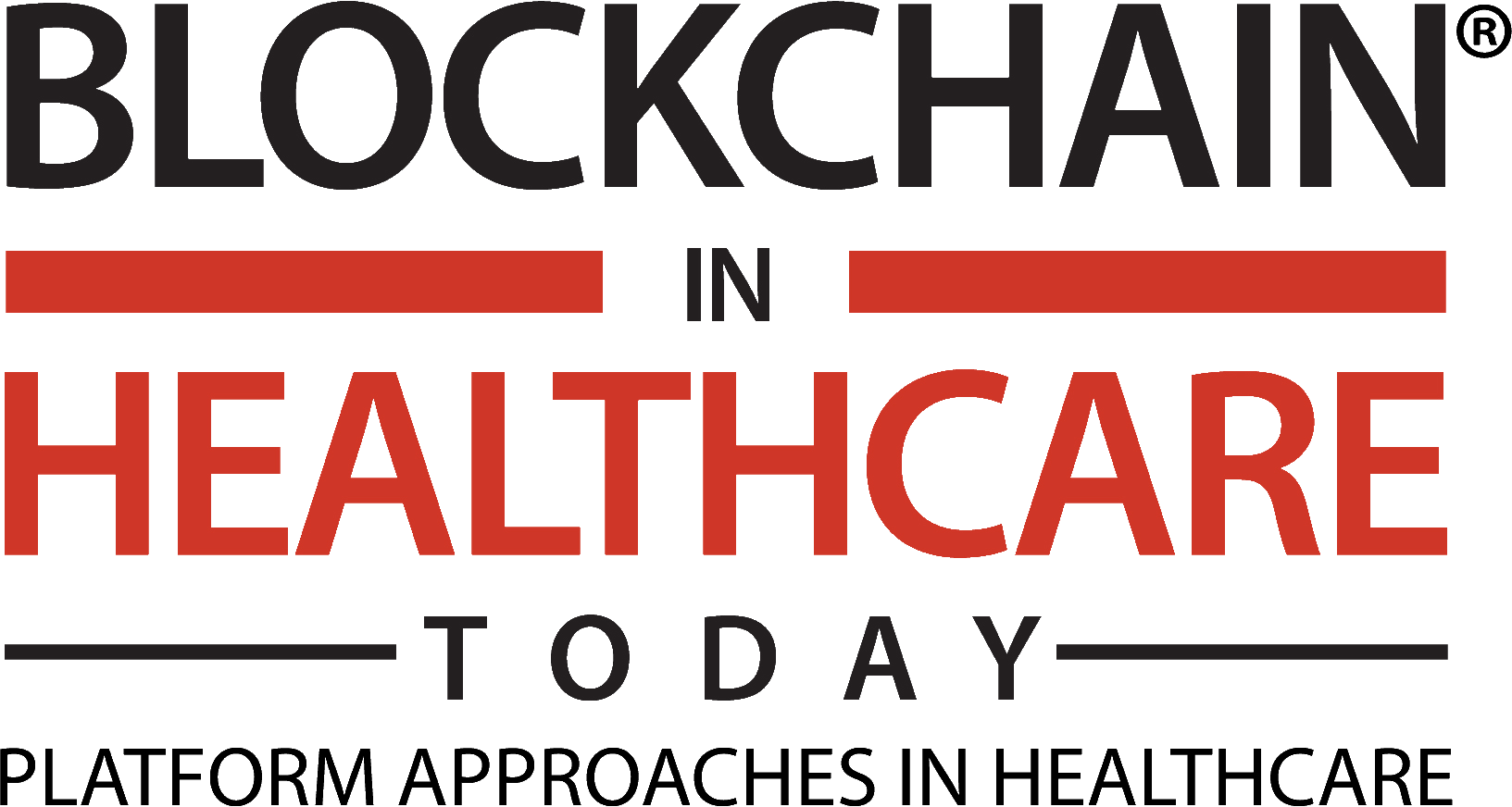
Additional files
More articles from Volume 5, Issue 3, 2022
Introduction and Industry Commentary
Quantum Techniques and Technologies for Cybersecurity in Healthcare
De-Centralized Identity Management For Virtualized Healthcare
Blockchain Applied To Network Science: Toward Implementing Multilevel Blockchain-Based Network Intervention To Address Health Inequity In Healthcare Delivery System
Improving Transitions of Care: Designing a Blockchain Application for Patient Identity Management
Article views
Citations

0
Opportunities and Challenges of Swarm AI for Decentralized Clinical Research
Abstract
Swarm learning opens new opportunities for collaboration and innovation in clinical research where all members of the swarm have equal rights. Only algorithms and parameters are shared – with no central authority. Swarm creates many new opportunities in clinical research to develop new therapeutics, epidemiology, genetics research and more. This session will unlock swarm principals, challenges and opportunities in clinical R&D driving wider adoption of its application(s) in the health domain.
Key learnings will include:
- Understanding the differences between federated machine vs swarm learning
- The technical, policy and application barriers when it relates to transferring significant amounts of data
- The steps and frameworks needed to drive wider understanding and adoption of the technology in clinical R&D
- The pharma perspective: where does Swarm AI offer new solutions yet to be introduced to the drug development process
Keywords
swarm AI and drug development,
federated vs swarm learning technigues,
Citation
Copyright
This is an open access article distributed under the Creative Commons Attribution License which permits unrestricted use, distribution, and reproduction in any medium, provided the original work is properly cited.
Article metrics
The statements, opinions and data contained in the journal are solely those of the individual authors and contributors and not of the publisher and the editor(s). We stay neutral with regard to jurisdictional claims in published maps and institutional affiliations.

